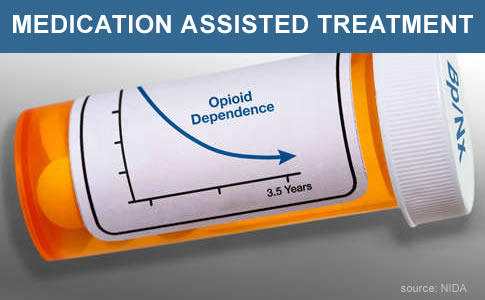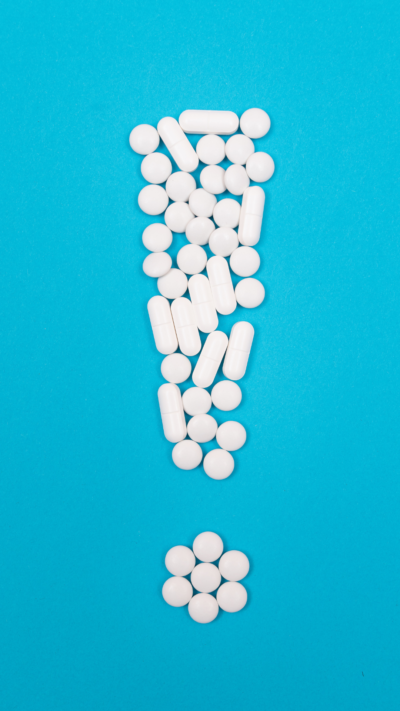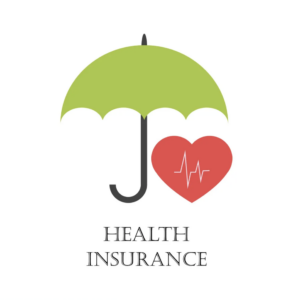MAT for Substance Abuse Can Help You
Often referred to as medication assisted treatment (MAT), it is one of a suite of treatment options for individuals addicted to specific drugs. For individuals struggling with opioid use disorder, encompassing heroin and certain prescription painkillers, MAT rehab stands out as the safest and most efficient form of treatment accessible.
The opioid epidemic has led to over 3 million Americans diagnosed with opioid use disorder, and approximately 130 people in the US die each day from opioid-related overdoses. Despite ongoing efforts to restrict access to prescription opioids, there has been a rise in the usage of heroin and synthetic opioids, leading to an increase in opioid overdose-related deaths. Now, more than ever, the demand for evidence-based opioid treatment programs has reached new heights. This is where our medication assisted treatment in New Jersey for opioid addiction comes into play.
What Is MAT Rehab and How Can it Help?
The general idea behind medication assisted treatment programs for substance use disorders is that it gives patients controlled doses of medication in a safe way to reduce withdrawal symptoms and cravings for the abused opioid drug.
This therapy for substance abuse is a whole-patient approach to treatment, so it isn’t simply a matter of giving the addicted individual medication. MAT rehab combined with behavioral therapies helps the patient discover how to break the cycle of addiction. Other treatments often combined include group therapy sessions, 12-step programs, individual counseling and family therapy for addiction.
Doctors have to be certified to treat patients using this therapy approach, and the medication used is FDA-approved.
When Is MAT Rehab Necessary?
Because no drug addiction treatment is appropriate for every individual, the decision on whether MAT is necessary should be made by the treating doctor. Frequently, it is employed for patients with opioid use disorders, though this treatment option may occasionally be applicable to other drug addictions and alcohol use disorders.
Commonly Used Medications for Drug Rehab Treatment
Some common approved drugs used in treatment for substance use disorders include:
The Effectiveness of Treatment
Therapy for opioid abuse tends to be fairly effective. In fact, a treatment combining an FDA-approved medication and psychotherapy has been shown to be more effective than behavioral therapy or medication when used alone.
MAT medication helps by:
- Reducing drug cravings
- Easing withdrawal symptoms during the early phases of detox and recovery
- Letting the recovering individual focus on developing long-term strategies for sobriety instead of on managing withdrawal symptoms
- Reducing the risk of overdose and death
- Improving treatment compliance

How Long Does Treatment Last?
The length of MAT depends on the individual. Some people need therapy to get through the intense symptoms of withdrawal and can move into more therapy-based interventions afterward. For others, MAT lasts longer, particularly if the individual has previous issues with relapses.
In most cases, the doctor devises a tapered schedule for weaning the person off the medication over a few months once the intense withdrawal symptoms have subsided.

How Our Medication Assisted Treatment in New Jersey Works
Before MAT can begin, the treatment team consults with the team physician to determine whether it is appropriate and which medicine to use. The person begins taking the drug after stopping opioid use completely and once mild withdrawal symptoms have begun.
Medication is typically prescribed in stages:
- During the first stage, the induction stage, the physician establishes how much of the medicine is needed, so the dose might change based on the person’s biological response to the medication.
- In the second stage, stabilization, the physician determines the minimum dose needed to prevent severe withdrawal symptoms and monitors the patient to watch for any side effects. Dose adjustments are made as needed, but during the stabilization phase, the basic dose remains fairly consistent.
- During maintenance, the person continues to take a steady prescribed dose on a regular basis.
Once the medication assisted treatment in New Jersey is near the end, there is a tapering phase during which the doctor reduces the dose gradually until the person no longer needs the medication to live a sober lifestyle.
Potential Issues with MAT
While treatment offers specific benefits for opioid abuse and addiction disorders, there are a few potential drawbacks. Some of the medications used for treatment cause side effects that could be unpleasant. Some also may have the potential for addiction themselves, which is why it’s essential for a doctor to supervise the use of medication during drug abuse treatment. Someone who has been in treatment may develop a lowered tolerance to the addictive drug, which could increase the risk of an overdose if a relapse should occur.
It offers an effective option for breaking free of opioid addiction, but MAT only works if used as part of an overall holistic treatment plan. In addition to MAT, the recovering individual should also receive counseling and aftercare services to ensure a full recovery from drug abuse.
If you believe you or a loved one is in need of MAT rehab services to aid in your addiction recovery, contact Recovery at the Crossroads, the leading addiction treatment center in NJ, today at 888-342-3881.
